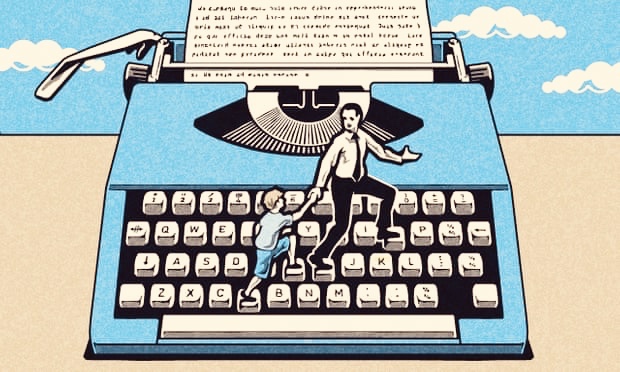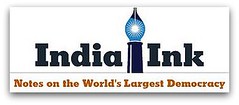https://soundcloud.com/user-311470525/j-pod-the-story-that-changed-a
***
Most journalists will confess that “changing people’s lives” was one of the reasons they got into the profession. Some might even remember this or that story that indeed changed a few lives. But not too many can claim that they actually reported a story that changed a billion lives, in fact changed a nation.
The demolition of the Babri masjid in Ayodhya in 1992 was clearly such a story, when India made the big shift, a pivot if you will, from its founding principles of tolerance, inclusion, and humanism.
Seema Chishti, the former BBC radio journalist and Indian Express editor, was a freshly minted TV reporter when she was sent to Ayodhya to cover the ‘kar seva‘ for a monthly video magazine called Eye Witness, produced by the Hindustan Times group.
By day’s end, Seema who had barely completely two years in the profession, would be calling up her then editor, Karan Thapar, over a shared landline from the Central Telegraph Office (CTO) to say the three domes of the 16th century mosque had come down.
In this podcast, on the eve of the foundation stone being laid for a Ram Temple at the very location the mosque stood, Seema Chishti discusses what it was like to see a nation change colours. And what it took to cover the event 28 Decembers ago.
***
“We were watching what we knew was a momentous, terrifying, huge event and we wanted to be around to tell that story and bear witness to it.
“The kar sevaks were not making a distinction between male and female journalists. Their objective was just to ensure that journalists did not record events. Their whole thing to immobilise me and get me out of there.
“A whole lot of journalists had to be beaten up in order to stop them from telling the story. Today, when there is so much technology, when there are so many tools, there is so much of refusal to really shape your story. You have to say it as it is. At least then it took sticks and stones and a lot of thwacking and thumping for us to be shut up.
“The media had a professional polish back then, the operating system was of a particular kind. What we now have is not just a collapse of the tools of the trade, but the whole manual has gone kaput. Little did we know that we would be walking into a complete cesspool of just hate-driven debates replacing any consideration for data, forget facts and knowledge being part of a TV diet.
“If a similar event were to unfold today, it would be reported but maybe on page 8. There is an understanding, it could be because of ideological feelings of proprietors, editors. They think like TV does, that their audience believes that way, so let’s cater to it.
“This is a government which takes media very seriously. It takes any transgression or the airing of the other side very seriously. It comes down hard, it doesn’t brook insubordination. I pretty much see English media in sync with not just language media but with television. It’s a matter of months, if not weeks.
“Urdu press soldiers on. It is kind of angry. It is cynical sometimes, it takes resort to poetry. They are bitter as well, but they are hopeful of the Indian condition and the Indian Muslim condition. They are not going anywhere, they are very clear that they are rooted in this land. There is a certain amount of bewilderment, but it is surely giving way after the 2019 re-election of the BJP into a sort of sobriety and a realisation that they need to be careful and sort out their practical, existential questions like survival, representation and the economy. “
***
Also read: Seema Chishti on the crackdown on Press Trust of India
Watch Seema Chishti‘s superb reporting for HTV’s Eye Witness below.







